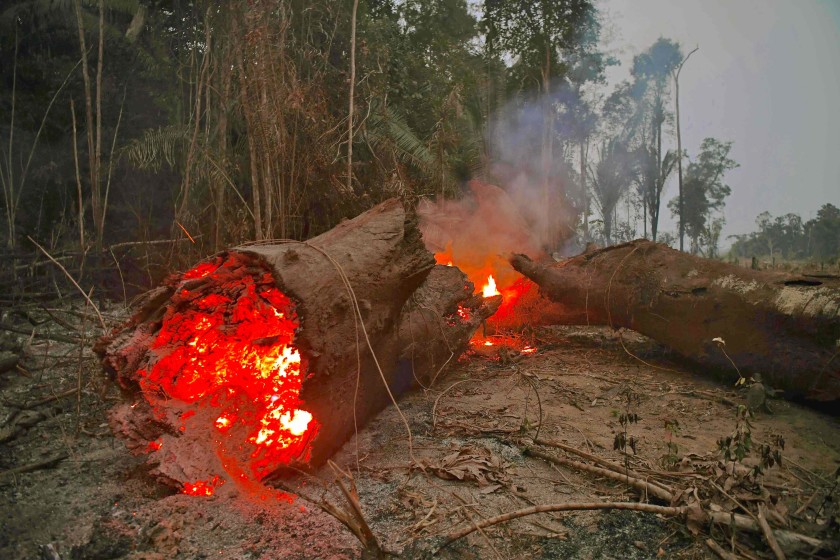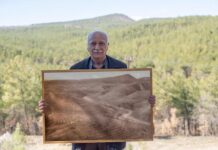Brazilian President Bolsonaro is seizing the “opportunity of the hour” to push ahead with slash and burn in the Amazon rainforest, while the global focus is still on the corona crisis.
Today, Brazil is celebrating Amazon Rainforest Day. However, the date is overshadowed by ongoing fires. Lumberjacks and farmers want to do business, flames are destroying more and more trees. The area plays an important role for the climate.
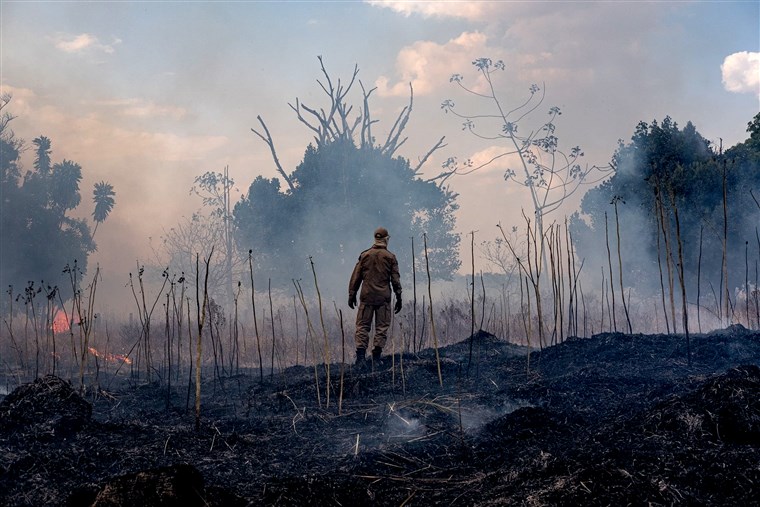
September 6th is Amazon Rainforest Day in Brazil and commemorates the founding of the Amazonas province by Prince Pedro II in 1850. Despite a ban on slash and burn and massive military action, the rainforest in the Brazilian Amazon is still on fire . According to the INPE space institute, around 1,000 fires were registered there in the first days of September alone. In August there were almost 30,000 fires.
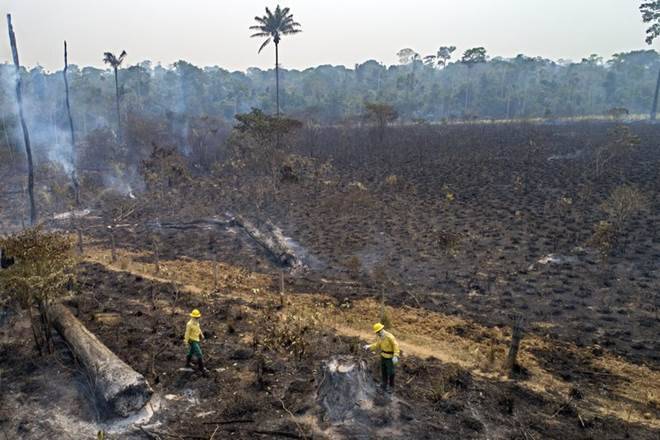
In mid-July, the Brazilian government had actually banned the burning of areas in the Amazon region for 120 days. Soldiers were sent to the region to monitor the ban. Juliana Miyazaki from the Society for Threatened Peoples said in this context:
Slash and burn is currently officially prohibited, but it continues unchecked. The environmental authorities have been disempowered, police authorities are not under control and thus and violations have no consequences. Forest fires are usually triggered by illegal clearing. This frees up new areas for economic activities such as agribusiness.
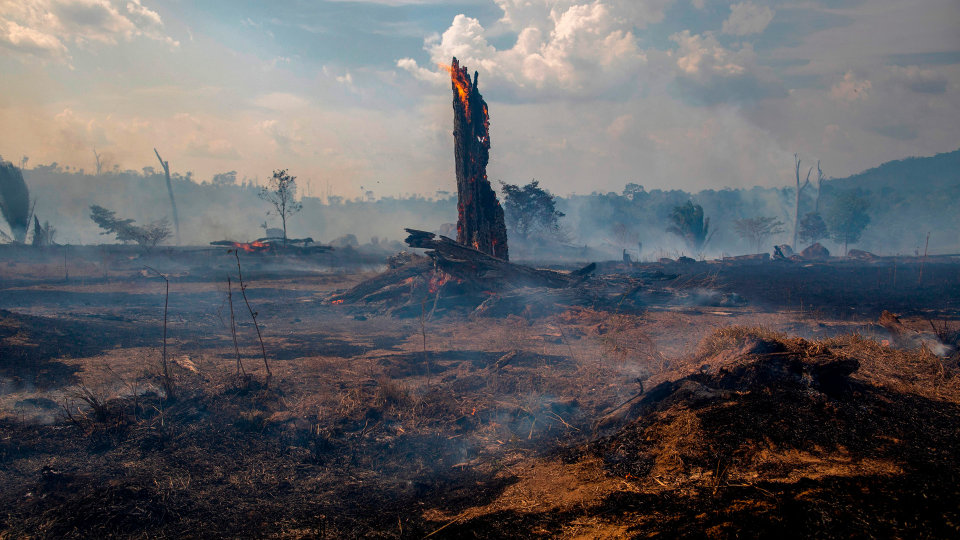
Brazilian President Jair Bolsonaro had previously repeatedly stressed that he wanted to use the region more economically in the future. Even the largest free trade area in the world between the European Union and the South American economic alliance MERCOSUR could fail because of his stance. In view of the ongoing deforestation of the rainforest, the signing of the agreement is currently not a good signal, said Chancellor Angela Merkel last.
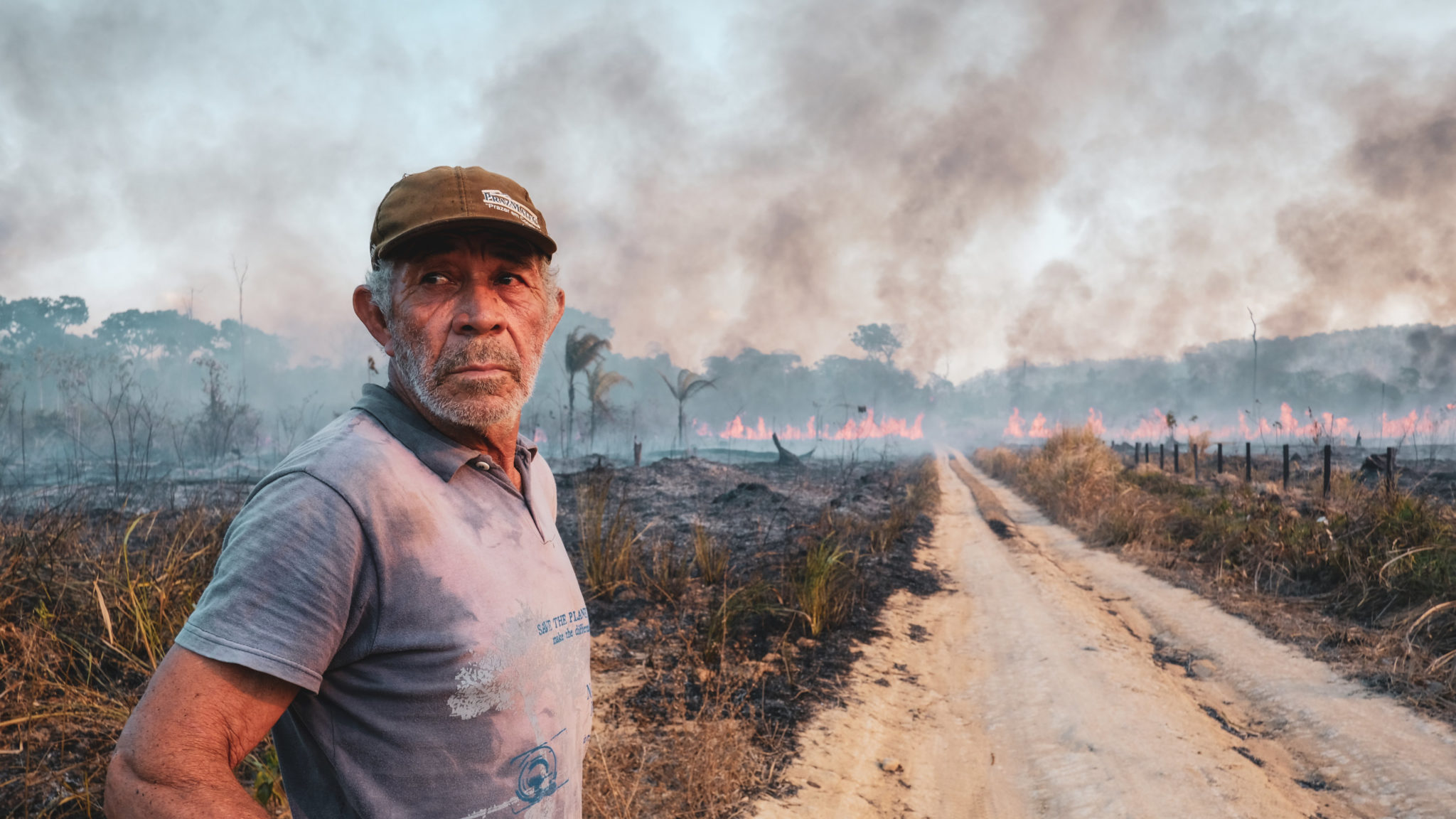
There is also a mood of alarm in other countries in the Amazon basin: In Colombia, armed groups drove the rangers out of the protected areas, reported the environmental protection organization WWF. Julia Gorricho, WWF expert for Colombia, said:
Illegal logging, mining and land grabbing are attractive ways for these criminal organizations to get funding. Not only will nature suffer from this, but also the local people, especially indigenous peoples.
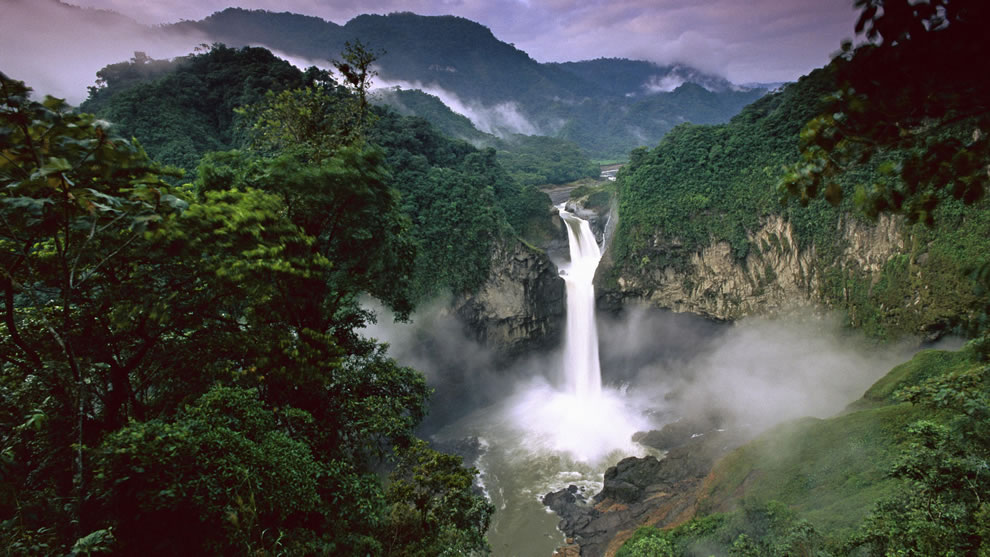
Deforestation in Colombia increased by around a third in the first four months of the year compared to the same period in 2019.
